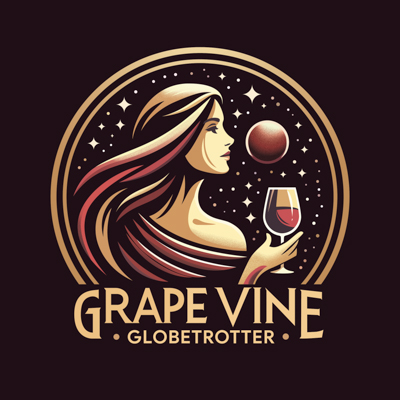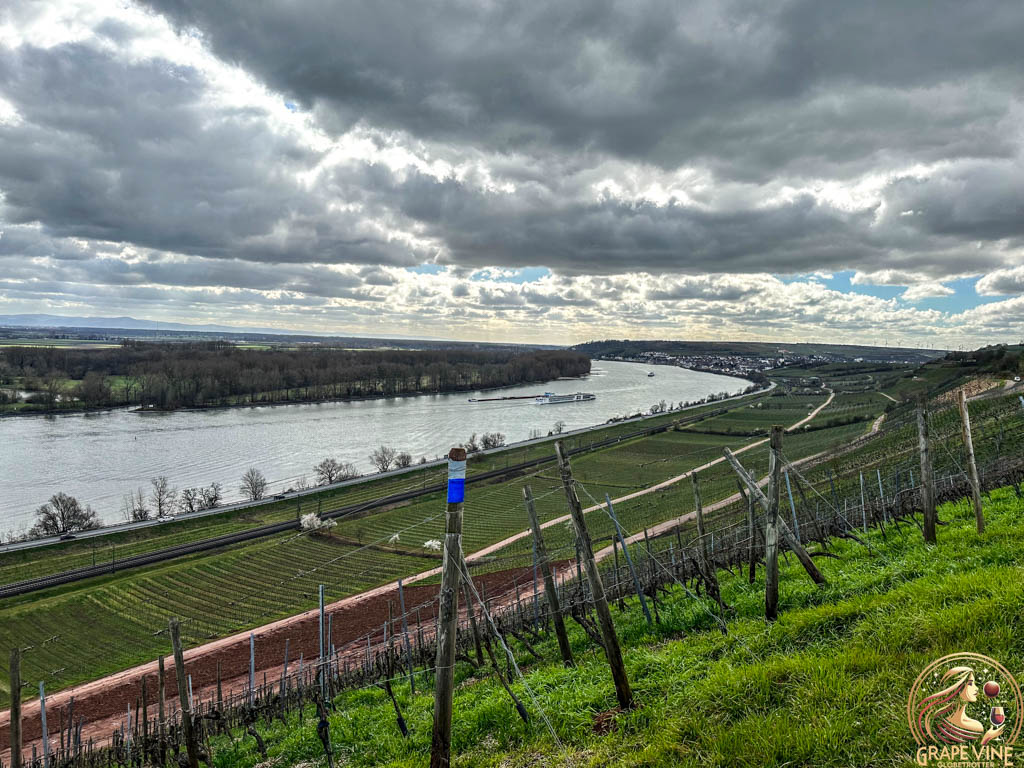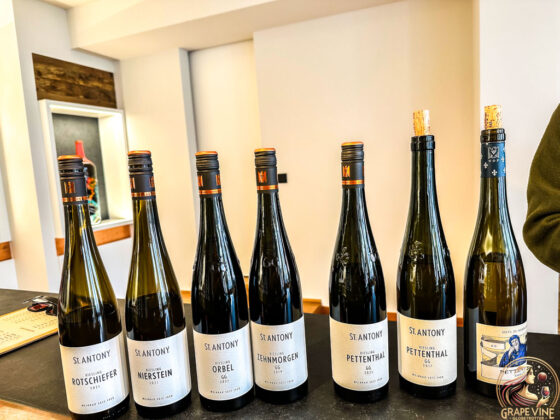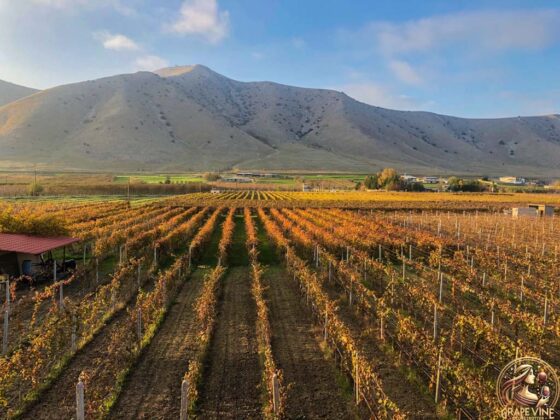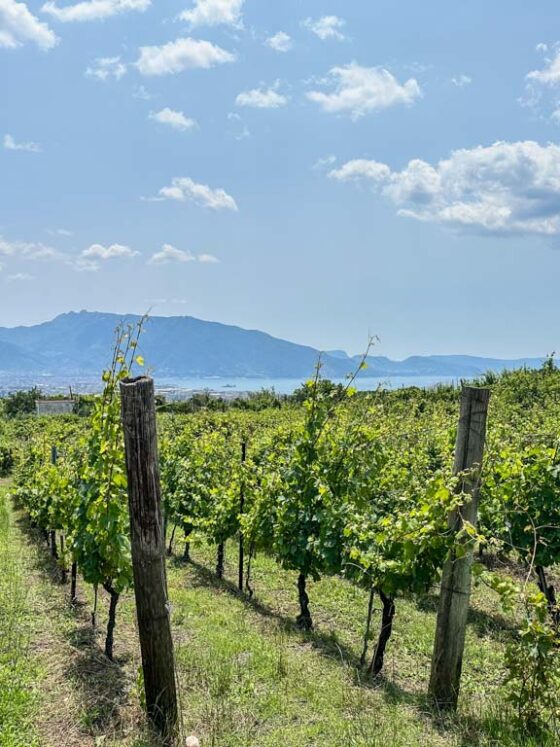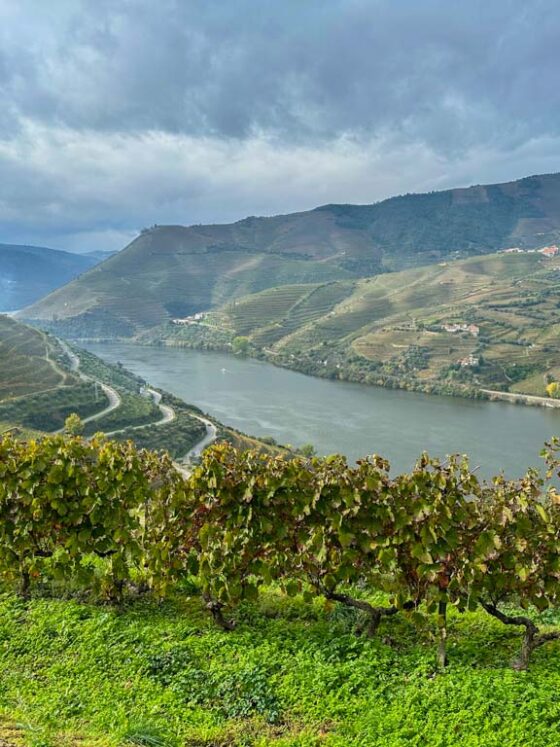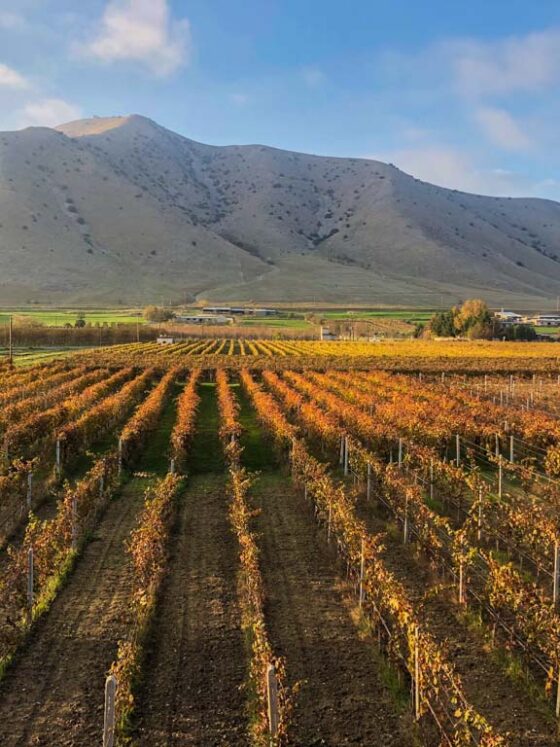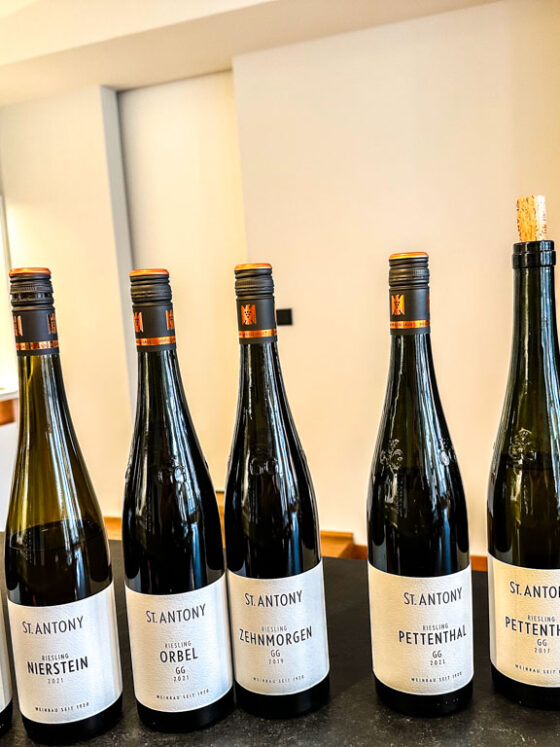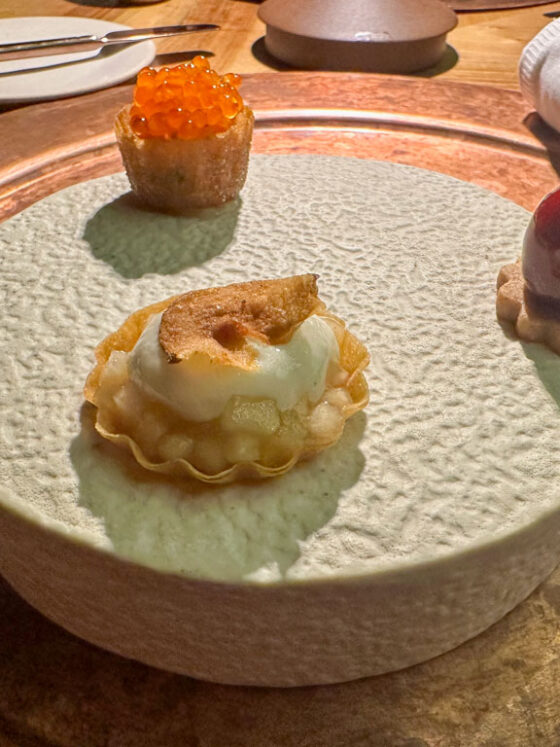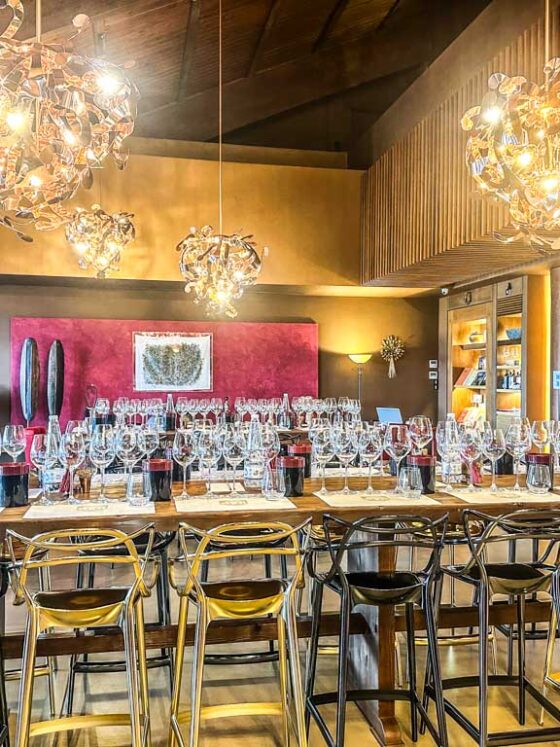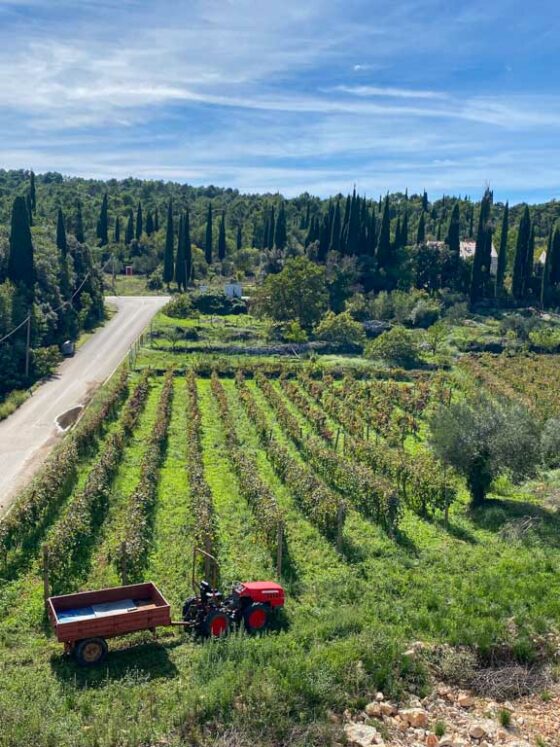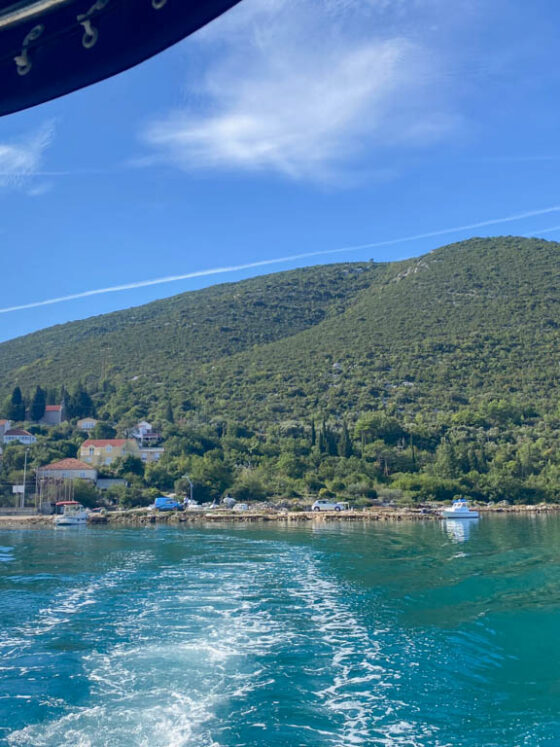Regarding German wine, the VDP (Verband Deutscher Prädikatsweingüter) is the definition of excellence. Representing around 200 of Germany’s finest wine estates, this prestigious association has become synonymous with quality, tradition, and innovation in winemaking. In this blog post, we’ll explore the history, significance, and unique characteristics of VDP wines, helping you appreciate why they are celebrated worldwide.
A Guide to VDP Wines in Germany: Understanding the Crown Jewel of German Winemaking
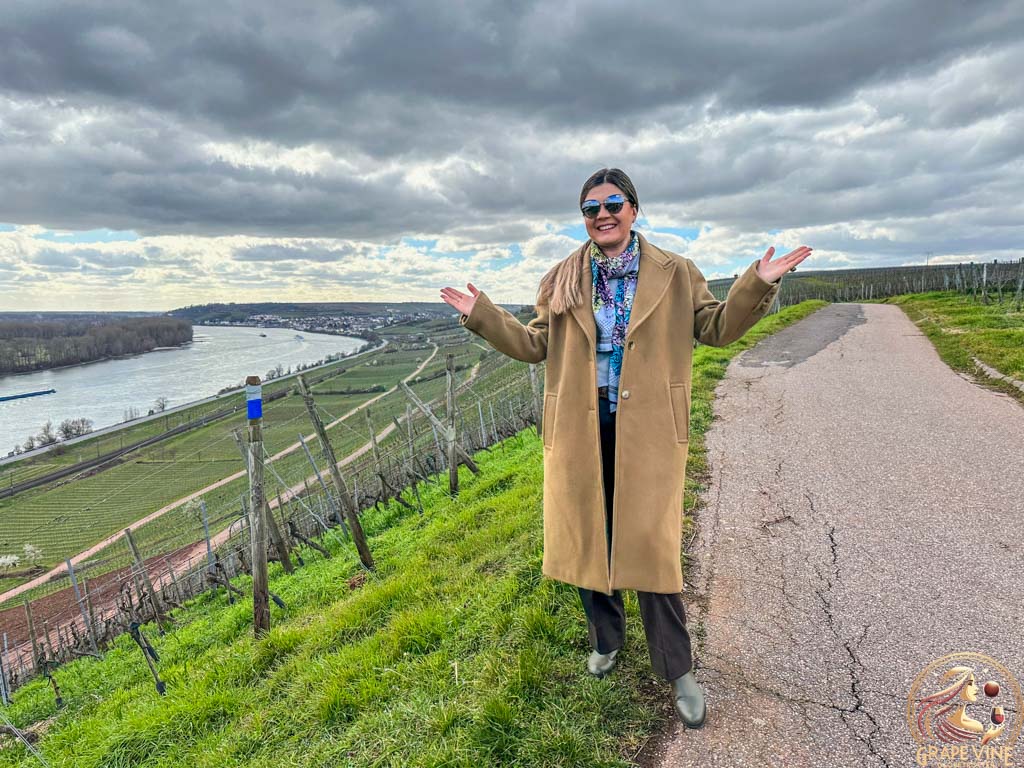
Starting Our VDP Wine Tour: Pettenthal and the Rhine Valley
My journey into the world of VDP wines began on a day trip from Frankfurt, with the first stop at the famous Pettenthal vineyard overlooking the stunning Rhine Valley. This renowned vineyard is classified as a VDP.GROSSE LAGE site and is celebrated for its steep slopes and red slate soils.
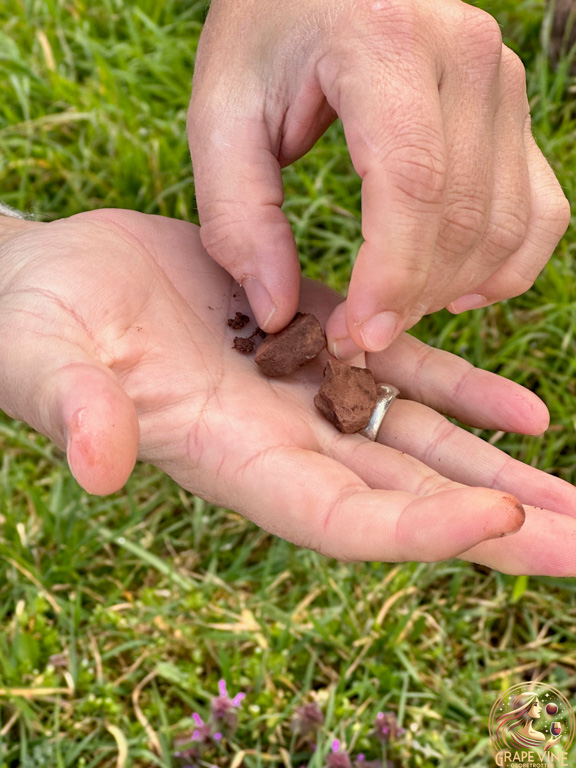
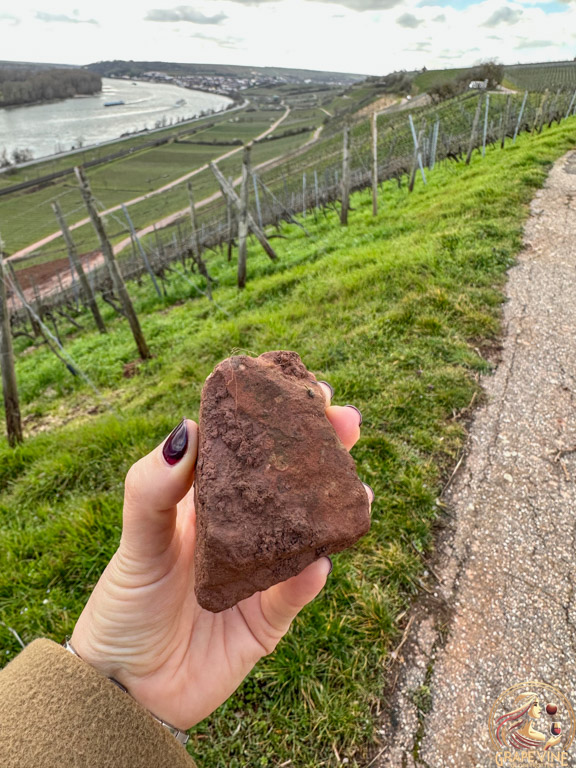
These unique characteristics contribute to the vibrant minerality and complexity of the wines produced here, particularly the Rieslings. Standing amidst the vines, we were captivated by the breathtaking views of the Rhine River and the sense of history embedded in the terroir. It was the perfect introduction to the excellence of VDP winemaking.
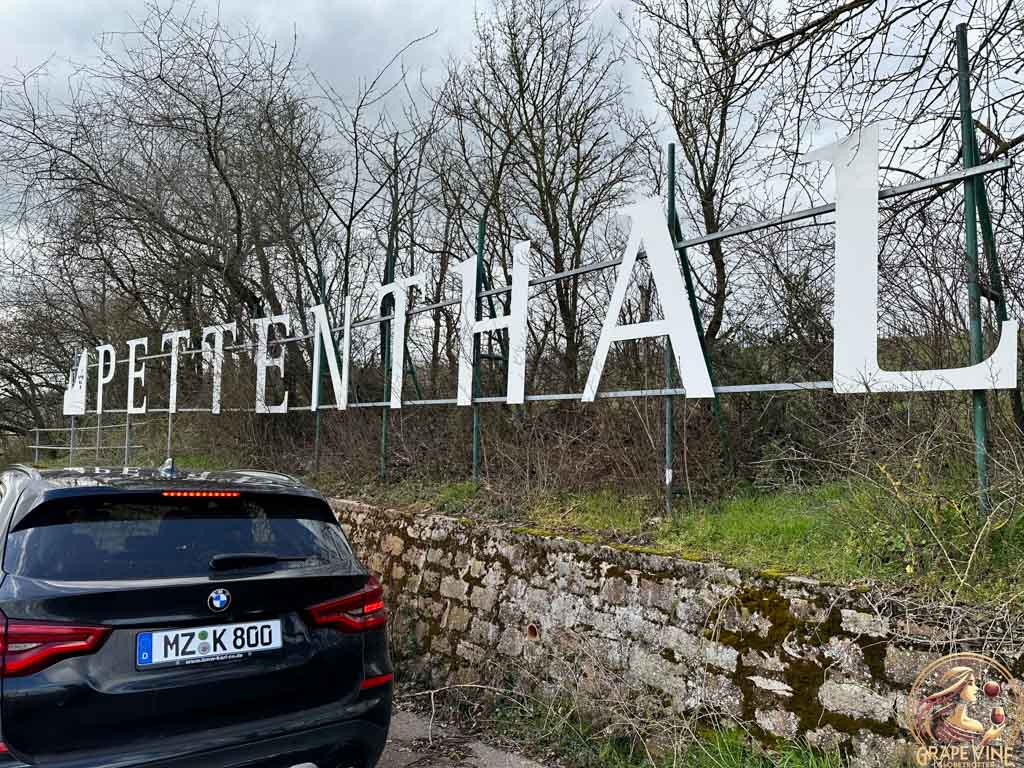
What is the VDP?
Founded in 1910, the VDP is the world’s oldest national association of premium wine estates. Its mission is to promote the highest standards of viticulture and winemaking in Germany, safeguarding traditional methods while embracing innovation. The VDP’s emblem, the eagle with a cluster of grapes, is a hallmark of exceptional quality and a symbol of the rigorous standards upheld by its member wineries.
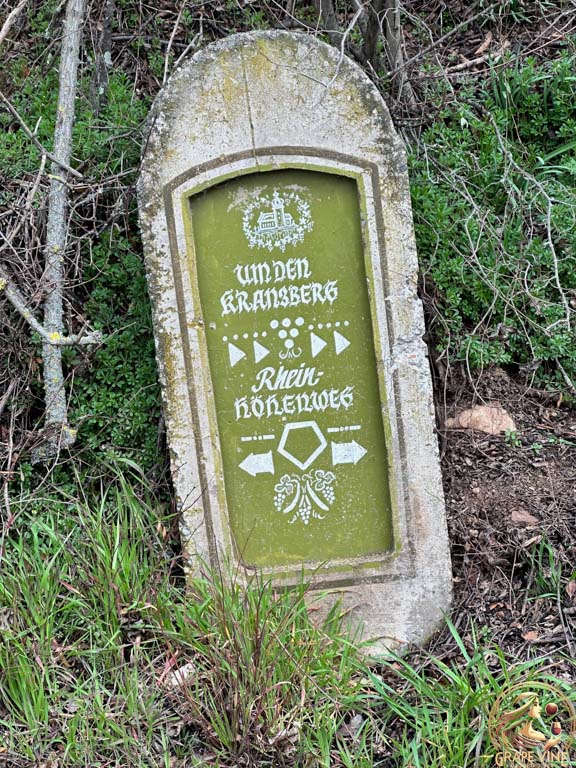
What Sets VDP Wines Apart?
The VDP Classification System
VDP wines adhere to a strict classification system inspired by the best practices of both the Bordeaux and Burgundy models. This system emphasizes terroir, categorizing wines based on the quality of the vineyard site:
VDP.GROSSE LAGE: The highest category, reserved for wines from the best vineyards, offering exceptional depth and complexity.
VDP.ERSTE LAGE: Wines from excellent, well-established vineyards.
VDP.ORTSWEIN: Village-level wines that showcase the regional character.
VDP.GUTSWEIN: Estate-level wines representing the foundational quality of a winery.
Focus on Sustainability
Many VDP members prioritize sustainable and organic farming practices, ensuring their winemaking has a minimal environmental impact.
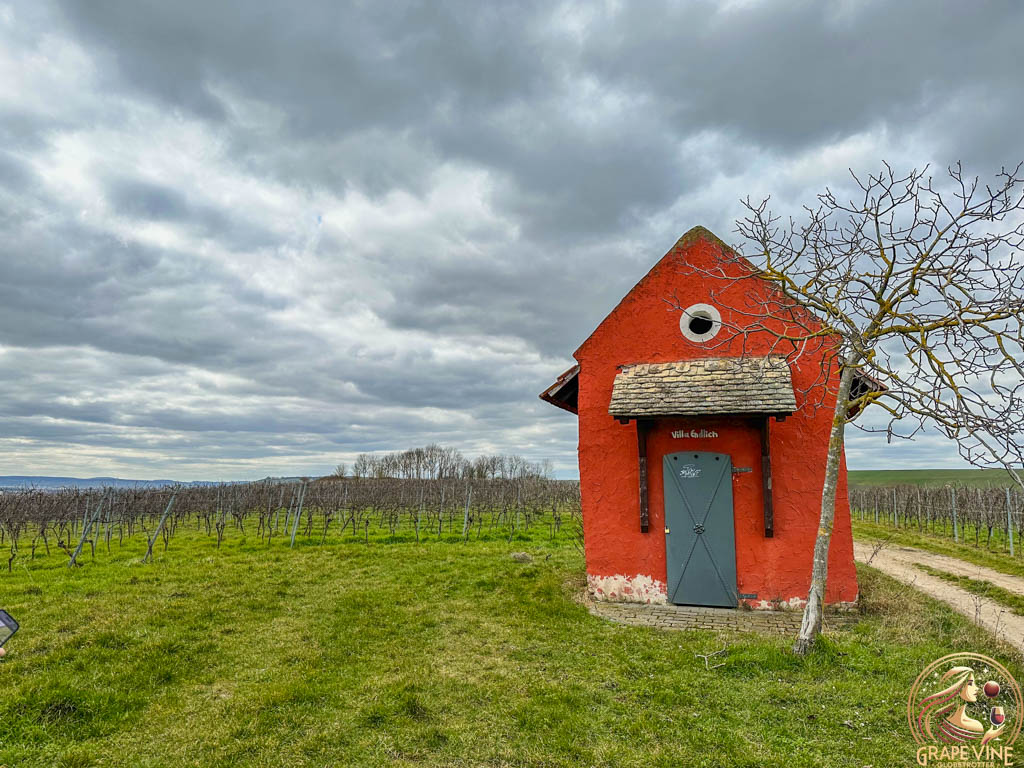
Stringent Membership Criteria
To become a VDP member, wineries must meet rigorous quality standards, including regular audits and tastings. This exclusivity guarantees that every wine bearing the VDP eagle emblem meets the highest expectations.
Commitment to Dry Wines
While Germany is traditionally known for sweet wines, the VDP strongly emphasizes high-quality dry wines, labeled as “Grosses Gewächs” (GG) when made from VDP.GROSSE LAGE vineyards.
Regions Represented by VDP
VDP members span all 13 of Germany’s official wine-growing regions, including:
Franken: Famous for its unique Bocksbeutel bottle shape and crisp Silvaner wines.
Mosel: Known for its elegant and mineral-driven Rieslings.
Rheingau: Renowned for full-bodied Rieslings and a growing reputation for Spätburgunder (Pinot Noir).
Pfalz: A region celebrated for its diversity, producing powerful Rieslings and vibrant Pinot varietals.
4 VDP Wineries That Define Excellence
#1. St. Antony
Set in the heart of the Rhine Valley, St. Antony is renowned for its meticulous approach to crafting wines that express the unique characteristics of their terroir. Founded in 1920, this historic winery is a shining example of sustainable and organic viticulture in the Rheinhessen region.

St. Antony is particularly celebrated for its wines from the Pettenthal vineyard, a VDP.GROSSE LAGE site. The steep slopes and distinctive red slate soils of Pettenthal create an ideal environment for Riesling grapes, resulting in vibrant, mineral-driven wines and profoundly expressive wines.
Their dry Rieslings, labeled as “Grosses Gewächs,” are considered among the finest in Germany, offering complexity, elegance, and aging potential.
Beyond Riesling, St. Antony also crafts exceptional Weissburgunder (Pinot Blanc) and Spätburgunder (Pinot Noir), reflecting the diversity of their terroir. Visitors to the estate can experience guided tours of the vineyards and cellar, followed by tastings that showcase the winery’s dedication to excellence.
You might also enjoy this post: 8 Must-Try VDP Wines from St. Antony Winery
#2. Hofmann WillemsWillems Winery
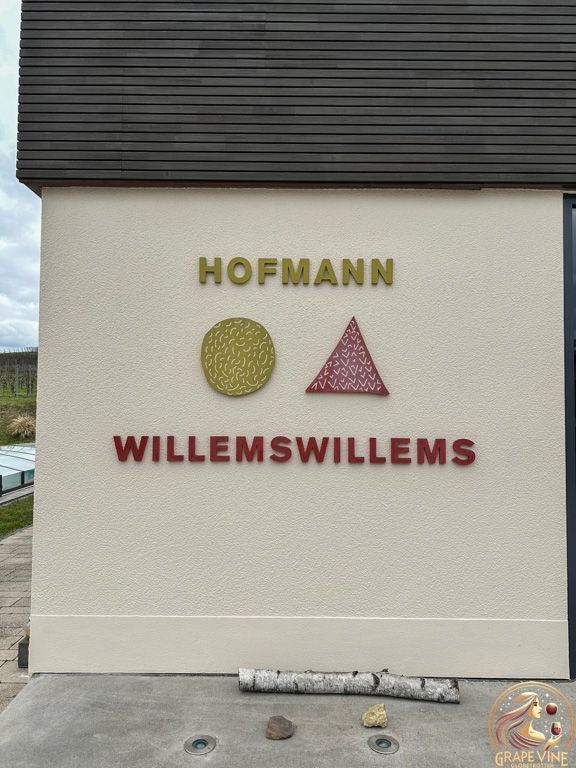
The Hofmann WillemsWillems Winery, located in the Saar region of the Mosel, is a shining example of dedication to tradition, quality, and family legacy. This esteemed winery represents the marriage of two winemaking families, uniting generations of expertise to craft exceptional wines.
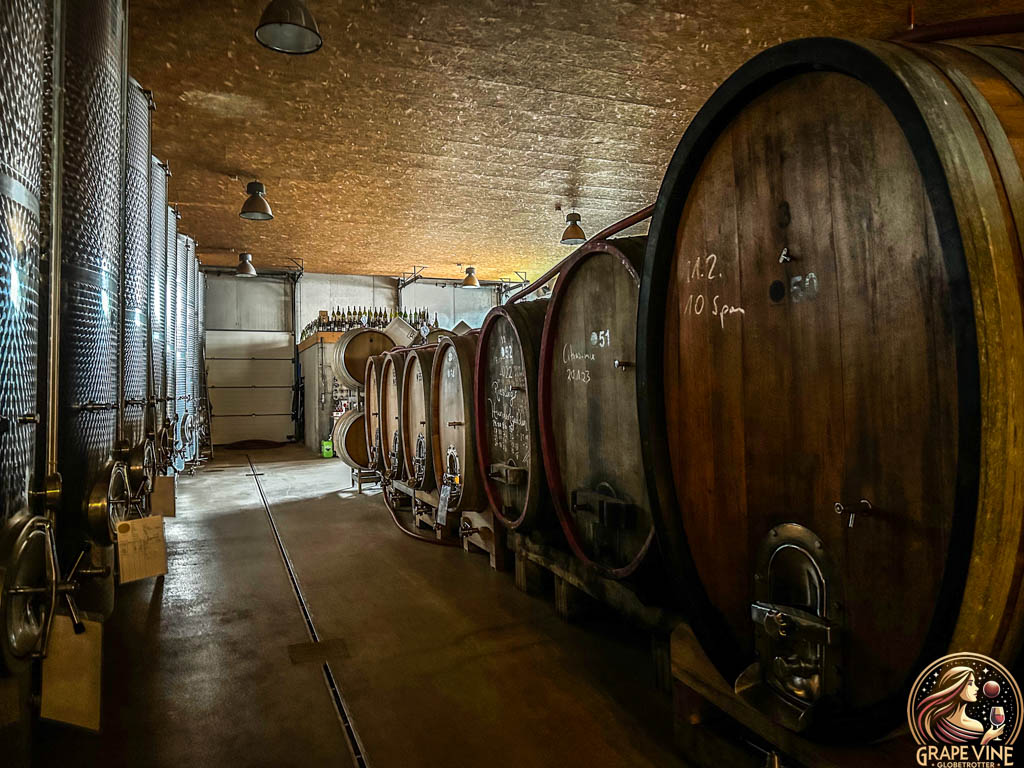
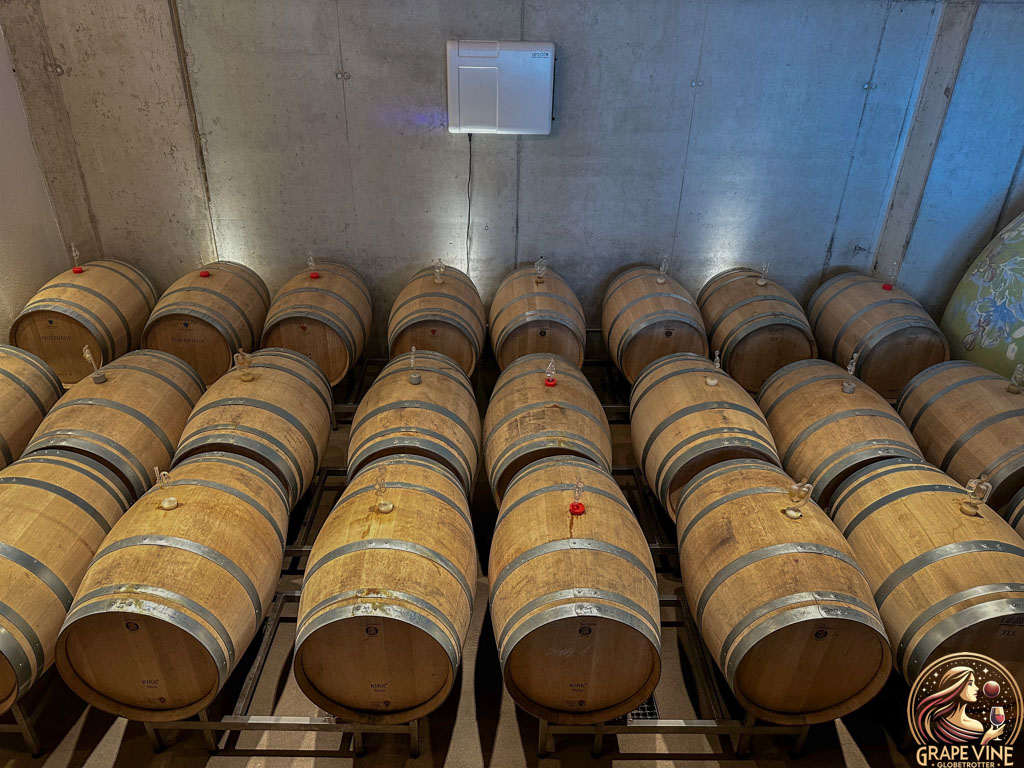
Carolin Willems manages the Saar estate, continuing a legacy established by five generations of Willems women. The property, which operated as a mixed farm until 1971, transitioned fully to winemaking after Maria Willems married Karl Willems. This union solidified the family’s winemaking focus and inspired the Willems-Willems name, which is proudly carried forward today.
Saar will become the new hotspot for the best Riesling
Carolin and her husband, Jürgen Hofmann, split their time between their family home in Appenheim, Rheinhessen, and the Saar estate. Miguel Louro, the full-time general manager, oversees the day-to-day vineyard and cellar operations, ensuring the winery’s high standards are met. Adding to this close-knit team, Karl and Maria Willems remain actively involved, including managing charming holiday flats in the estate’s historic buildings.
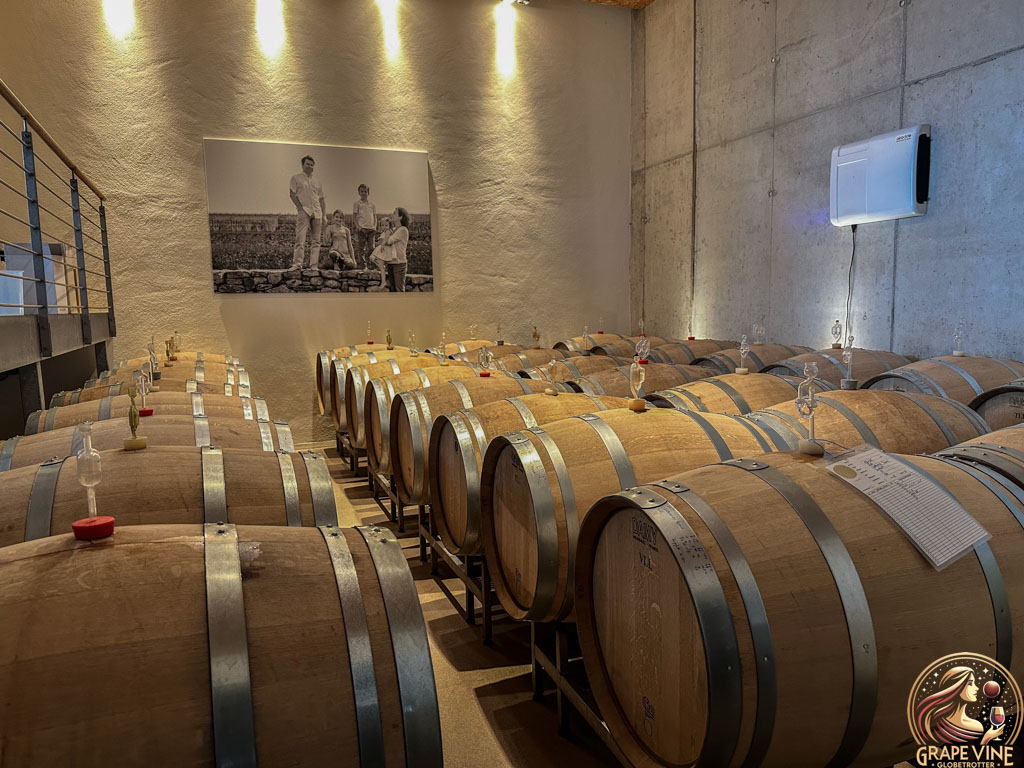
The winery’s vineyards on the Saar’s distinctive slate soils yield remarkable elegance and depth wines. Hofmann WillemsWillems specializes in Riesling but also excels with other varietals, creating a portfolio ranging from dry and crisp wines to beautifully balanced sweet options. Their VDP.GROSSE LAGE wines, particularly those from the Scharzhofberg vineyard, have earned acclaim for their complexity and aging potential.
On the stretch between Mainz and Bingen, nestled roughly 5 km away from the banks of the Rhine River, lies the wine village of Appenheim. Some 20 million years ago, the tendrils of the primordial sea reached this spot in northern Rheinhessen. The best vineyards witness that history through their composition of shell limestone from the Tertiary Age and the wines of incredible minerality and expressiveness that they produce. Geological history is never far away here. Walking through the vineyard routinely reveals numerous fossils from that era.
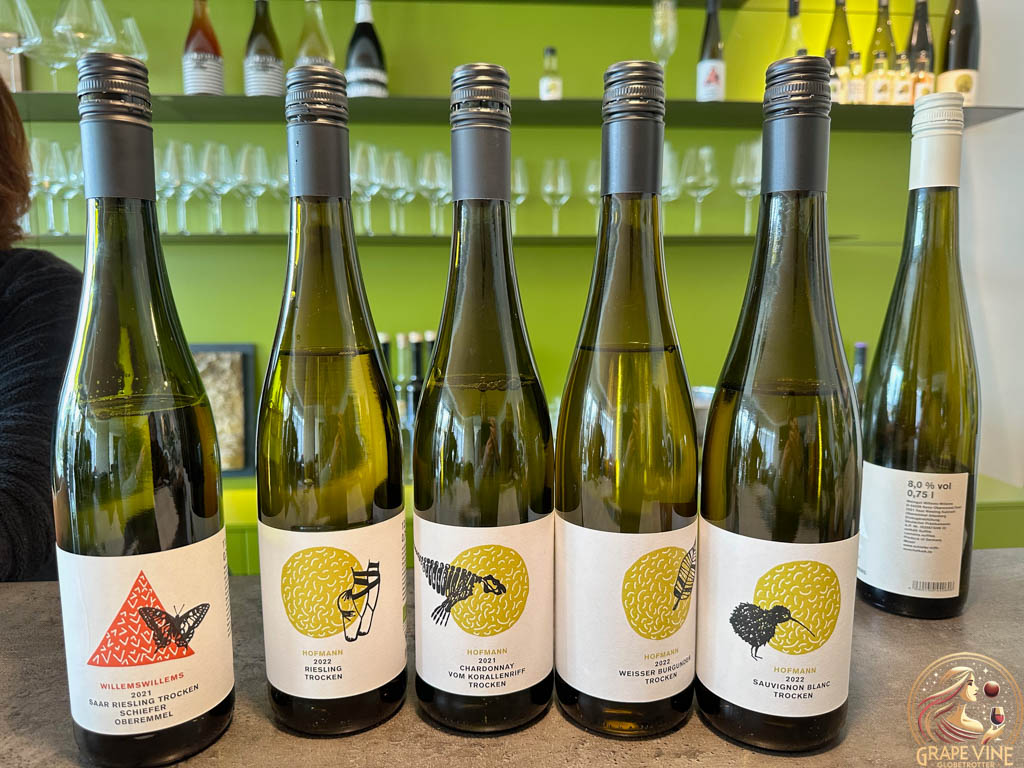
Hofmann’s Rieslings reflect this very special place’s unique geological and climatic advantages. As does the remainder of his portfolio, including wines made from Grüner Silvaner, Sauvignon Blanc, Chardonnay, and the Pinot family, all beautiful encapsulations of the very soil upon which his region is built.
Jürgen Hofmann’s influence has also brought significant innovation and recognition to the winery. Since taking over from his parents in 1997, he has implemented environmentally friendly cultivation methods, upgraded cellar technology, and championed low-intervention winemaking. Wines from sites like the Appenheimer Hundertgulden and Gau-Algesheimer St. Laurenzikapelle have become cult classics, while newer offerings from the St. Johanner Steinberg are quickly gaining prominence.
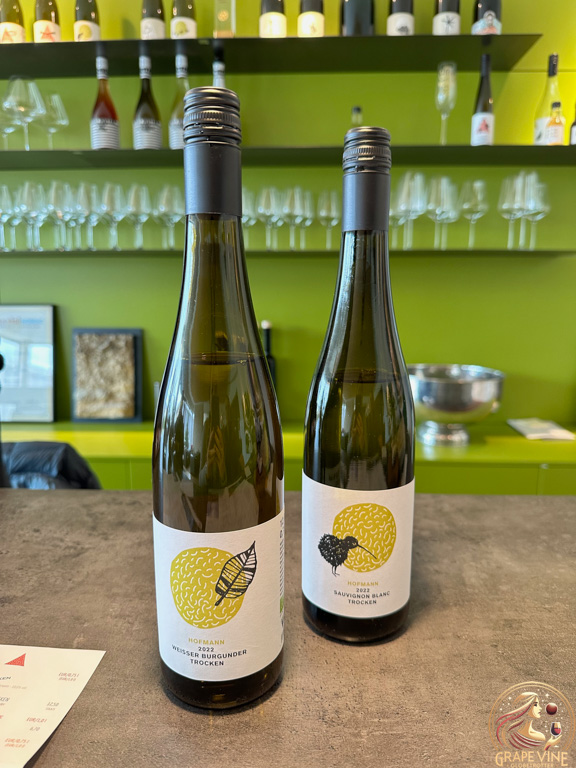
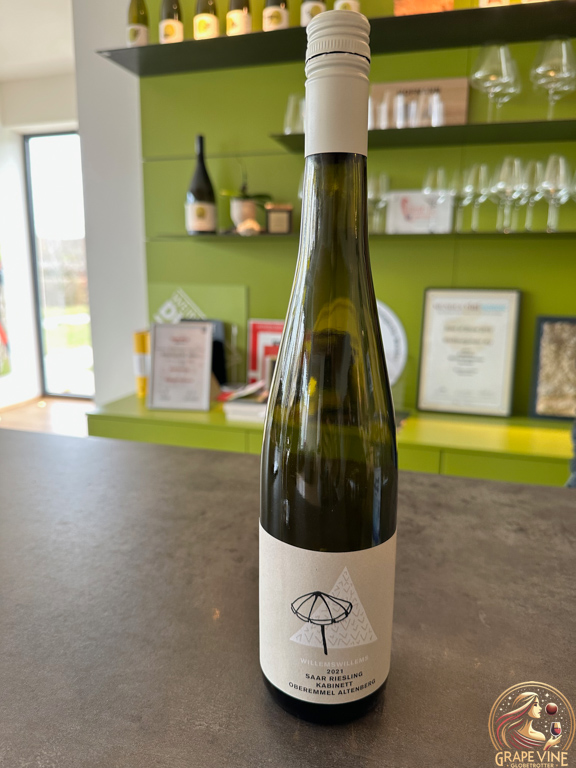
The Sauvignon Blanc Trocken 2022 Hofmann is a delightful white wine with a vibrant personality. With 12.5% alcohol, it delivers refreshing herbaceous notes and bright grapefruit flavors, making it a crisp and versatile choice for many occasions.
The Weisser Burgunder Trocken 2022 Hofmann (Pinot Blanc) is a refined and mineral-driven wine, fermented in stainless steel tanks to preserve its purity. With notes of limestone, white pepper on the nose, and a palate rich in pear and refreshing minerality, it captures the essence of its terroir beautifully.
The trade press consistently praises Hofmann WillemsWillems for its reliability and excellence, describing its wines as having a high floor even at entry-level and incredible peaks in single-vineyard bottlings. Jürgen’s personal goal remains both simple and ambitious: to make every vintage better than the last.
Visitors to the estate can enjoy intimate tastings highlighting meticulous craftsmanship and terroir-driven winemaking, making Hofmann WillemsWillems a must-visit destination for wine enthusiasts.
The 2021 Saar Riesling Kabinett by Willems-Willems is a vibrant and zesty Riesling with hallmark Saar acidity. A touch of cream soda on the nose complements its fresh citrus and green apple flavors. High acidity and a crisp finish make this wine both refreshing and complex.
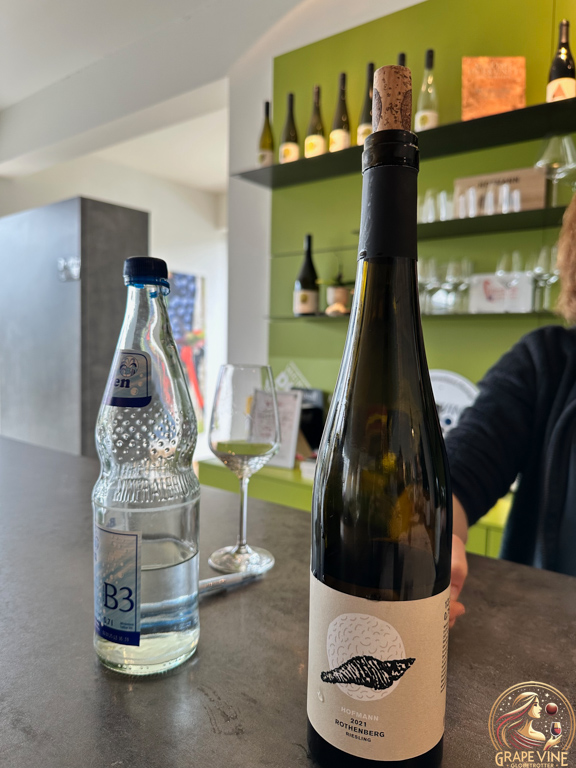
The Rothenberg Riesling Trocken 2021 is a vegan, organic wine with 12.5% alcohol. It showcases high acidity, making it ideal for aging. Notes of vanilla and stone fruit add depth to its vibrant, mineral-driven profile.
#3. Schloss Westerhaus
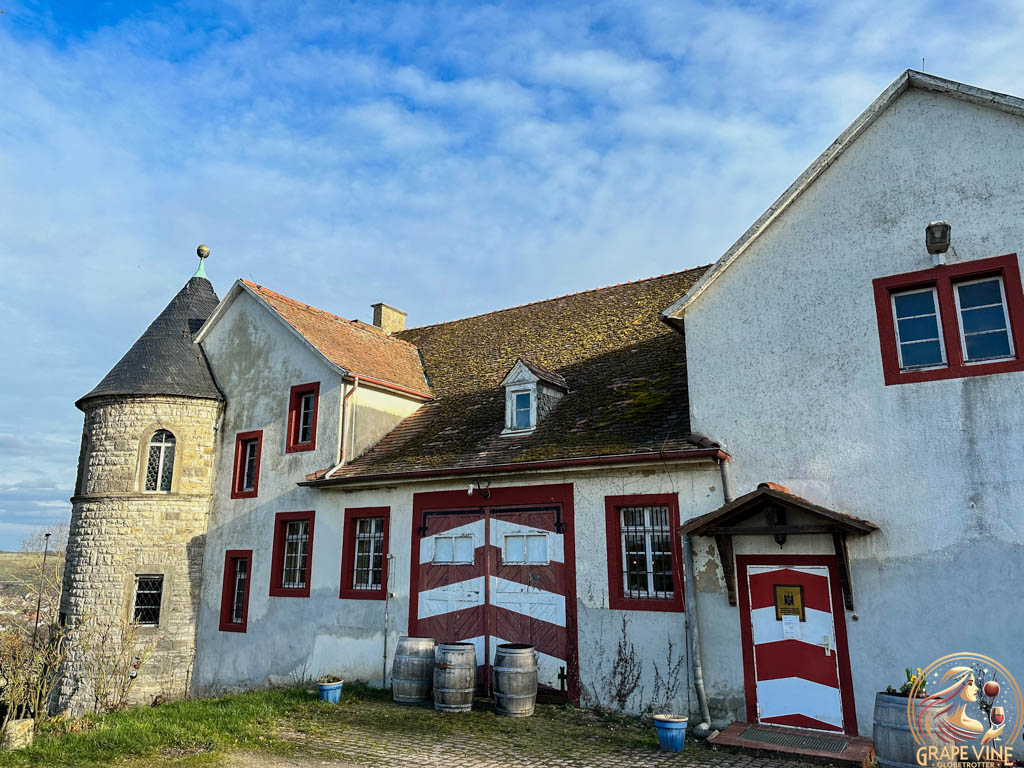
Schloss Westerhaus is one of the most prestigious wineries in Rheinhessen. Perched atop a picturesque hill near Ingelheim am Rhein, this historic estate combines centuries of winemaking tradition with modern expertise to create unparalleled elegance and quality wines.
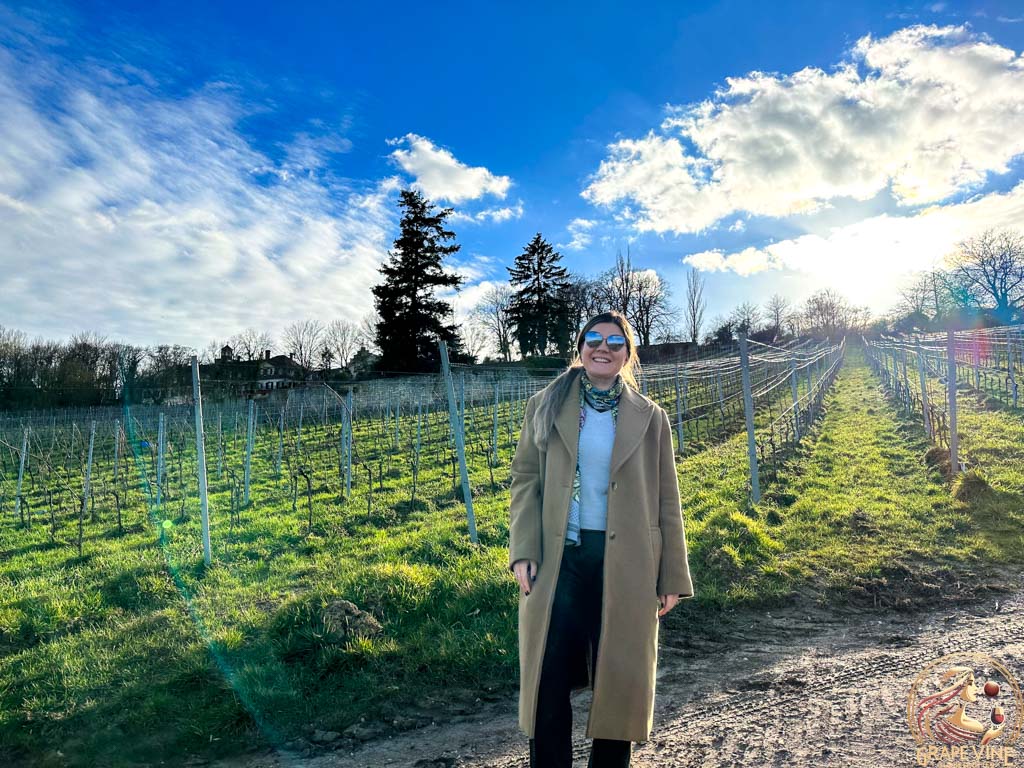
Schloss Westerhaus boasts a rich history dating back to Roman times, with its castle and vineyards standing as testaments to the enduring relationship between the land and winemaking. The Opel family has owned the estate since 1900, marking the beginning of four generations of family stewardship. The founding generation of the automobile dynasty sought a stately country estate and acquired Schloss Westerhaus, including the historically significant single vineyard Ingelheimer Schloss Westerhaus, now classified as a VDP.GROSSE LAGE of the highest quality.
Today, the estate is a proud member of the plVDP, committed to producing wines that reflect the unique terroir of its limestone-rich soils.
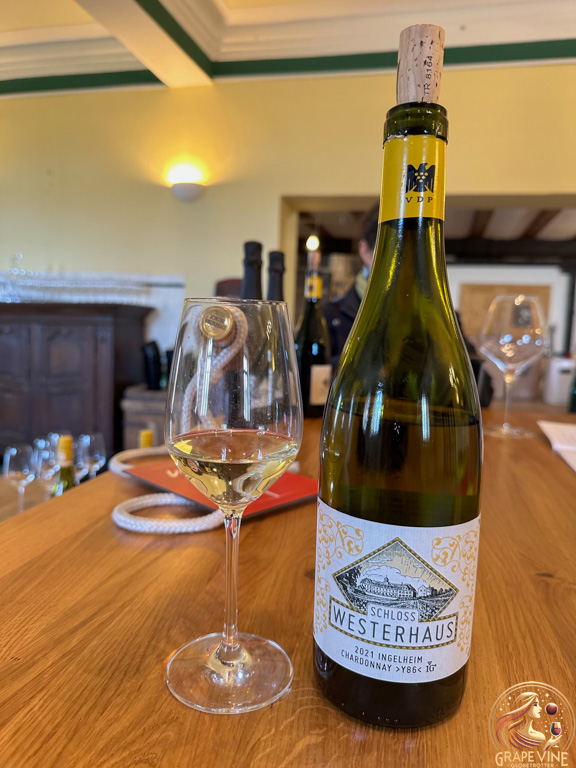
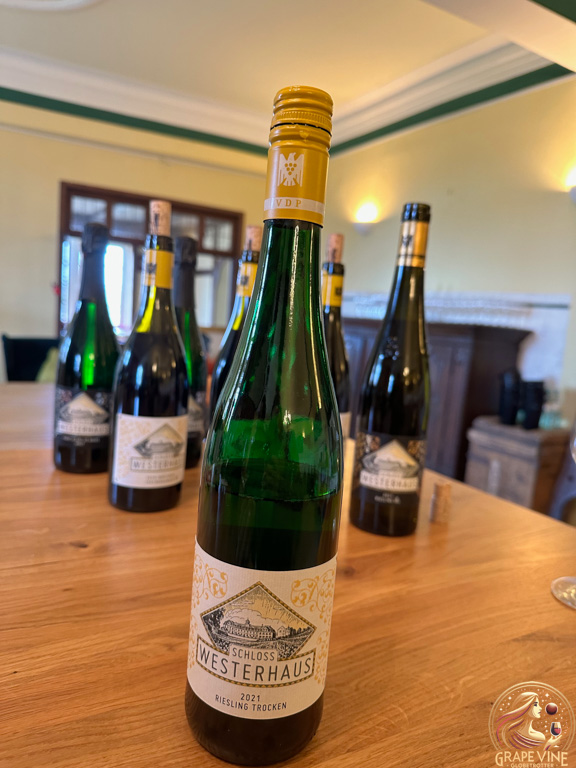
The Ingelheim Y86 Chardonnay 2021 by Schloss Westerhaus offers a medium intensity of apricot and popcorn butter aromas, balanced by medium-plus acidity. With medium alcohol and body, this wine combines elegance with a creamy texture, making it a delightful choice for Chardonnay lovers.
Specializing in Riesling, Pinot Noir, and Chardonnay, Schloss Westerhaus uses sustainable practices to ensure that each bottle genuinely expresses its heritage. The estate’s south-facing vineyards on calcareous marl and limestone provide optimal conditions for producing wines with exceptional minerality, structure, and aging potential. Visitors are invited to tour the castle grounds, experience intimate tastings, and immerse themselves in the charm of Rheinhessen’s winemaking culture.
In addition to its exceptional wines, Schloss Westerhaus also hosts music events during the summer months. These events add a cultural touch to the winery’s offerings, from enchanting jazz nights to diverse musical performances.
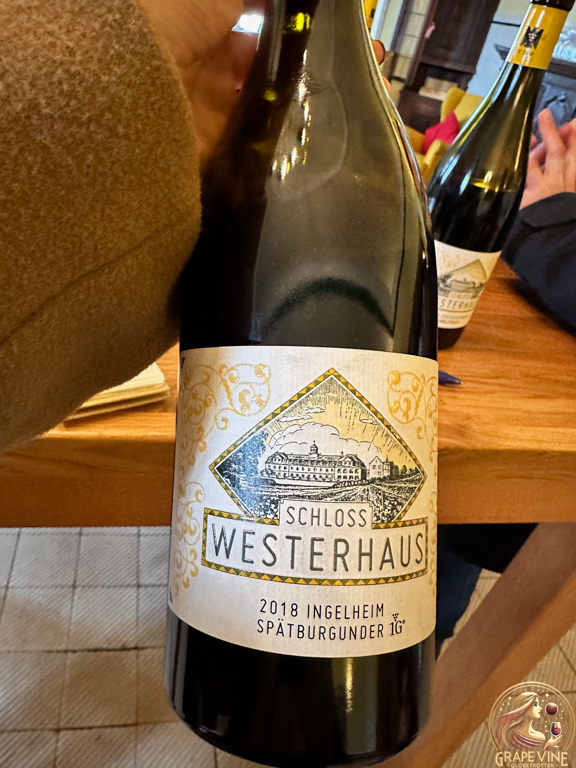
The Ingelheim Spätburgunder 1G 2018 is a beautiful Pinot Noir aged for 24 months in oak barrels. With prominent red fruit flavors, plenty of oak, and medium-soft tannins, it offers a harmonious and elegant drinking experience.
#4. Braunewell
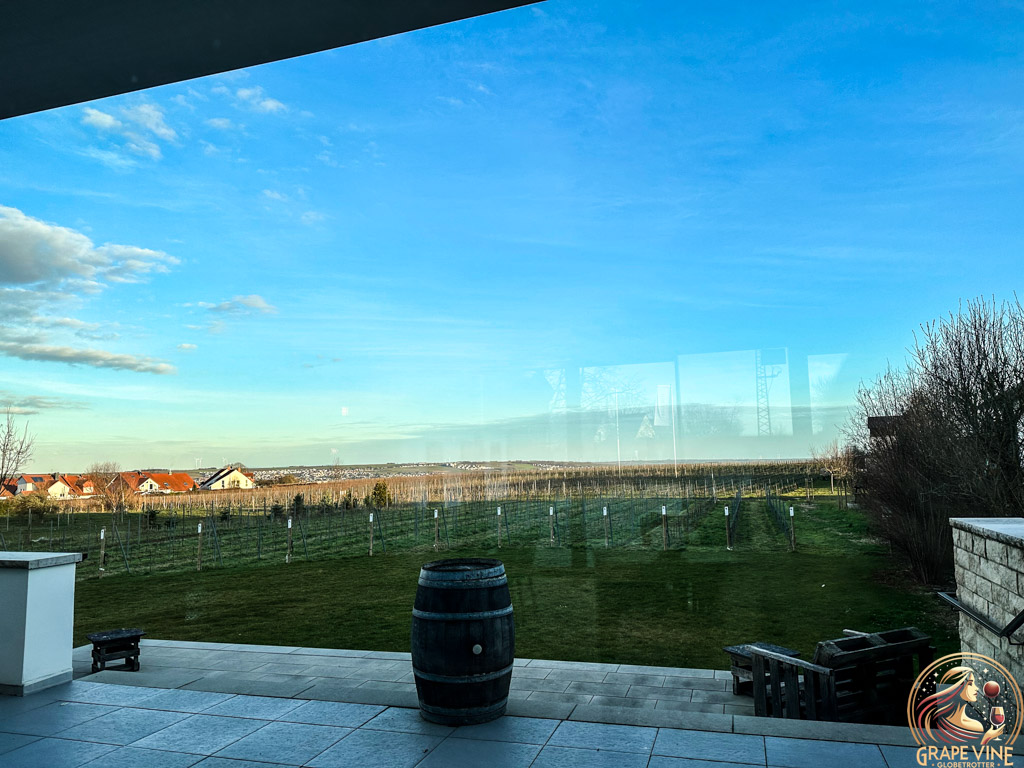
Located in the heart of Rheinhessen, Braunewell Winery is a family-owned estate that beautifully merges tradition with innovation. With roots dating back over three centuries, this winery is steeped in history yet committed to modern, sustainable winemaking practices.
BrauneWell specializes in Riesling, Pinot Noir, and Silvaner, crafting wines that reflect the unique terroir of their vineyards, characterized by limestone and clay soils. The winery is particularly renowned for its VDP.GROSSE LAGE wines, which showcase exceptional complexity and elegance.
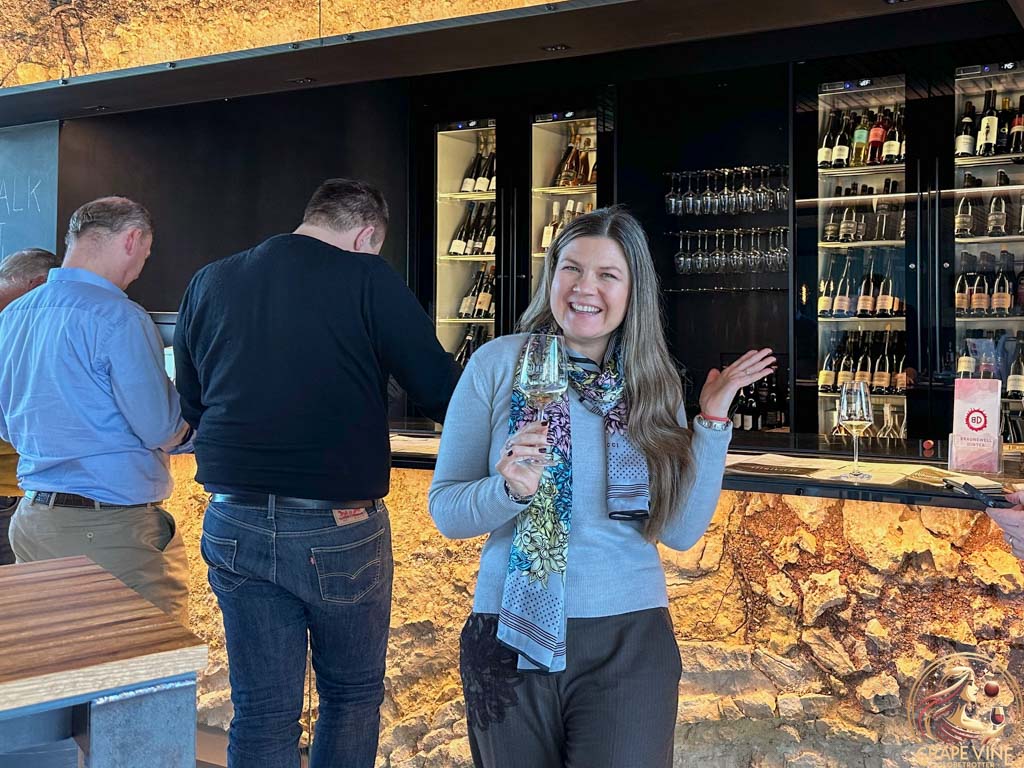
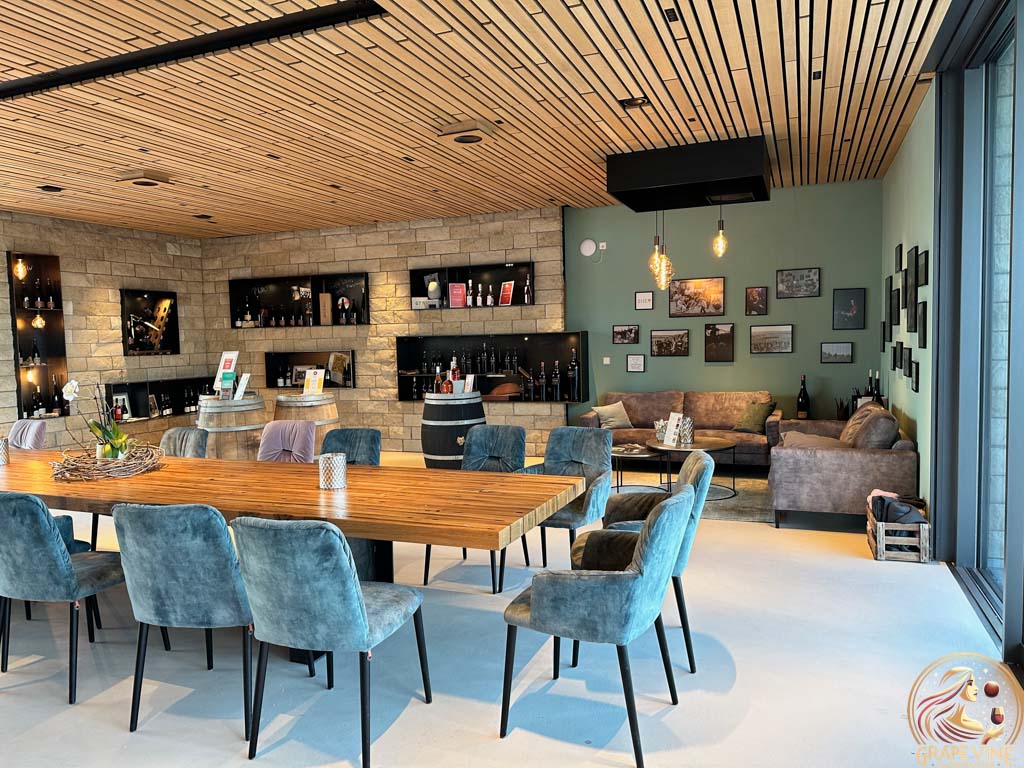
The team at BrauneWell is dedicated to low-intervention winemaking, ensuring that each bottle captures the essence of its origins. Their state-of-the-art facilities complement their deep respect for tradition, resulting in timeless and contemporary wines. Visitors to BrauneWell can enjoy guided tastings and tours, gaining insight into the meticulous craftsmanship behind each vintage.
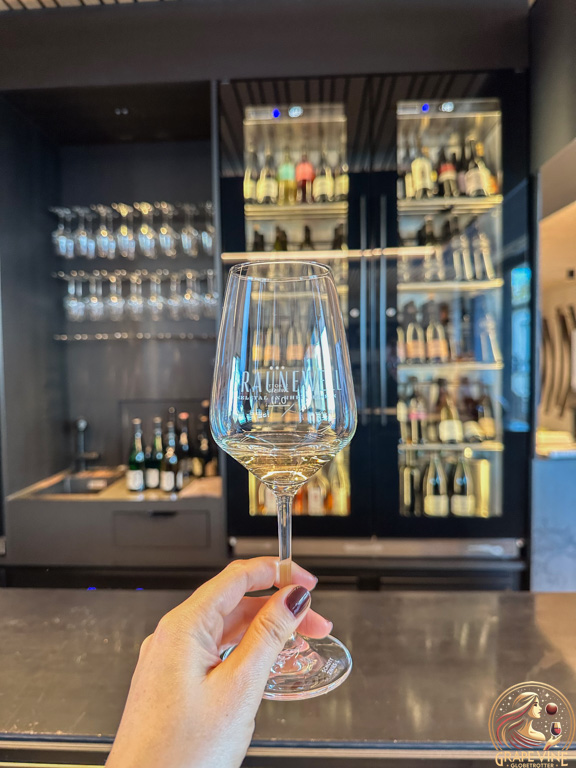
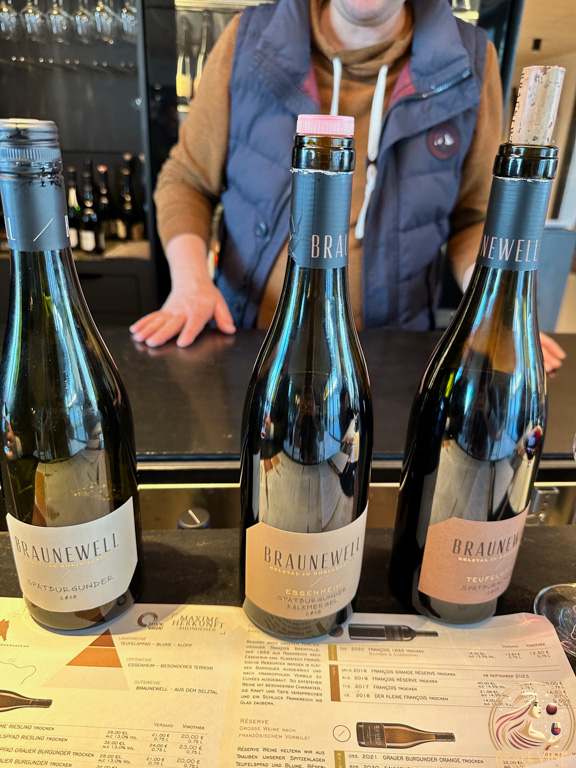
The Spätburgunder Trocken 2018 is a versatile Pinot Noir with 13% alcohol, crafted to appeal to everyone. Its approachable profile combines soft tannins and a vibrant character, making it a perfect choice for both casual and refined occasions.
Rheinhessen, one of the oldest wine-growing regions, offers an impressive cultural landscape. While here, you can also explore the Roman heritage of Mainz, wander the old town’s diverse wine bars, and take in the region’s scenic hiking trails. Pair traditional Rheinhessen cuisine with a glass of BrauneWell’s exceptional wines for a truly immersive experience.
The Essenheimer Spätburgunder Kalkmergel Trocken 2018 is an elegant Pinot Noir with 13% alcohol. Showcasing soft tannins and a fruity profile, this wine is built to age beautifully for 5-10 years, making it a perfect choice for both immediate enjoyment and cellaring.
I visited the four wineries as part of an incredible day trip from Frankfurt. The tour was expertly organized and led by Carl, a passionate and knowledgeable wine connoisseur who made the experience unforgettable. It was undoubtedly one of the best wine tours I’ve ever been on, and I highly recommend it to anyone visiting the region. You can book the same tour here: Rhine Valley Wine Tasting Tour from Frankfurt and Mainz
